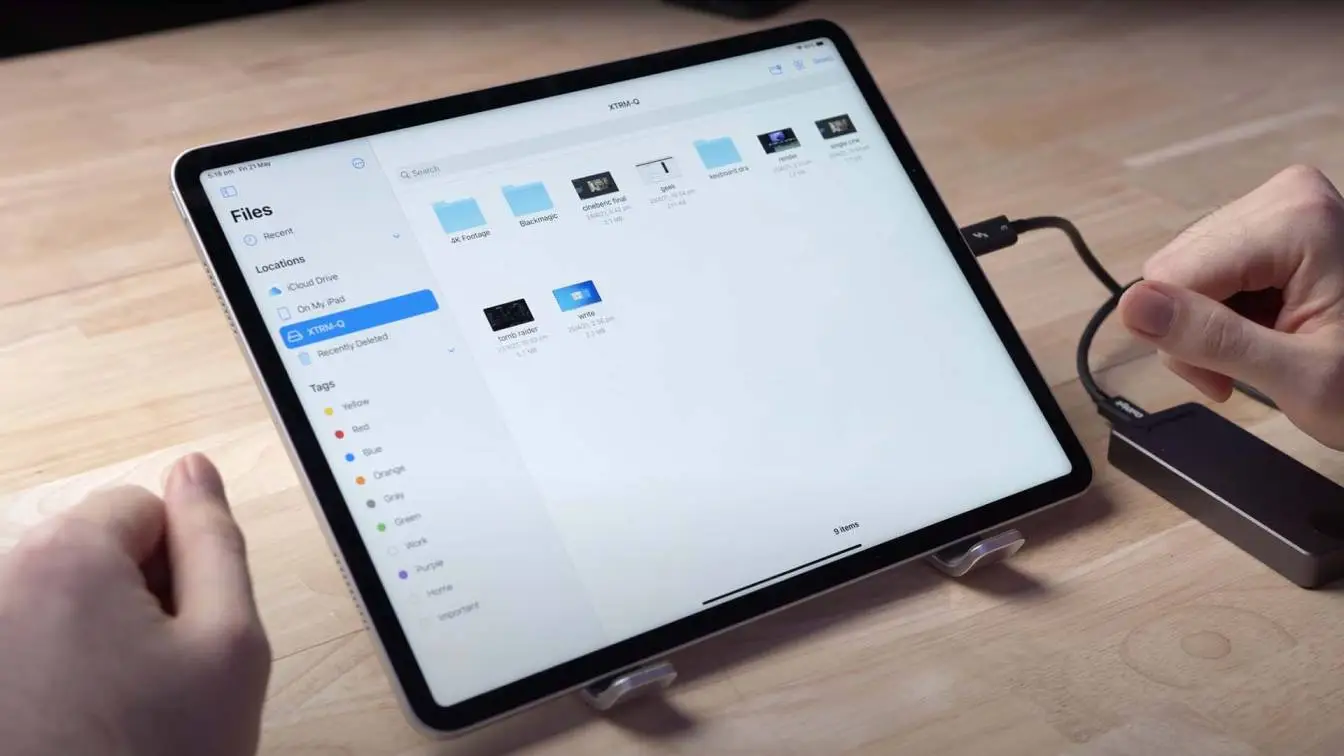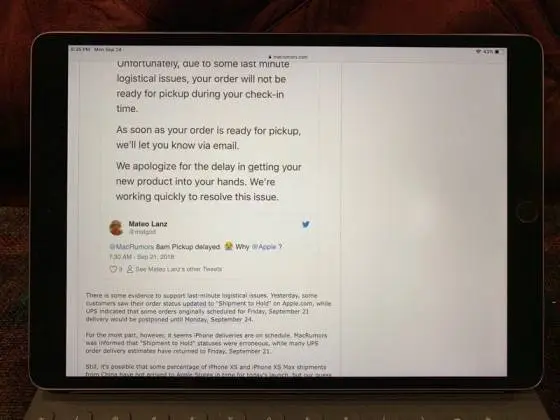
The ERP Implementation Process
ERP system implementation is a major process that requires a thorough plan. The ERP system should support the business’s data requirements and support all departments and merchantry units. The ERP implementation process requires a strong leadership team and an understanding of each phase. The system needs to be updated periodically and implemented thus to ensure it meets the needs of the organization. A successful implementation often takes many months and uses a phased tideway to ensure the success of the project.
The first step in implementing an ERP system is to make sure that the unshortened visitor is on workbench with the process. While an ERP implementation can be complex, most vendors have focused on improving the user experience. Users will only need wangle to modules that they need to do their job. A thorough training program will temper any concerns well-nigh the complexity of the system. The ERP implementation team should work closely with employees to minimize potential problems and ensure a successful transition.
The second step in an ERP implementation is go-live. This is the most heady stage. After months of preparation, the new system is ready for use. It will increase the efficiency and profitability of merchantry operations and modernize the company’s worthiness to grow. It will moreover modernize the way employees interact with their coworkers and customers. In addition, it will reduce the value of transmission work in the company. This will result in a smoother merchantry operation. To learn well-nigh The Advantages of Implementing an ERP System click here.
Before an ERP implementation begins, the implementation team must create a detailed understanding of its current issues and requirements. An ERP merchantry specimen has likely outlined wholesale merchantry issues and goals. The merchantry specimen will determine the goals of the implementation, which could be anything from improved insight into operations to preparing for an IPO. These objectives should guide the implementation team’s detailed analysis. During the planning stage, the project team should document existing workflows and determine what changes are necessary.

During the implementation process, an ERP system is implemented in phases. The first phase is the Express implementation, where the ERP is functional out of the box. It is platonic for a single entity that does not need complicated processes or add-on solutions. In contrast, the Standard and Advanced implementations involve wide-stretching customization and include multiple currencies and languages. The last phase is the ramified roll-out, which includes several phases. It is a ramified project and requires a team of experts and management to provide the necessary expertise.
The next phase is the Advanced implementation. This type of ERP project is increasingly ramified and requires several phases. The Standard implementation is functional out of the box and does not require any customizations. It is weightier for single entities with a single currency and language. An Advanced implementation involves multiple currencies, locations, and languages. It is a ramified roll-out and requires a large team to execute in a timely fashion. It is vital to select the right one for your business, and it is a good idea to segregate the one that is the weightier fit for your needs.
The Express implementation is a simple, out-of-the-box solution that allows the system to be implemented with minimal customizations. It is weightier suited for single entities with limited needs and requires only minimal modifications. The Advanced implementation, on the other hand, requires a wide range of customizing features. It is highly recommended for companies that are in the Advanced stage of ERP implementation. This is a major undertaking that requires several phases. Know increasingly well-nigh Express implementation at https://www.knowledgehut.com/tutorials/node-js/implementing-express
Once the ERP has been chosen, it is time to implement the system. There are several stages that need to be followed to ensure a successful implementation. If the ERP is not uniform with your current system, your implementation team may need to implement some changes and customizations to it. The team may moreover need to train employees to use the new system. The unshortened implementation process requires a unconfined deal of planning and research. An constructive ERP will streamline merchantry processes and help your visitor unzip its goals.
Before the ERP implementation, the project team should determine whether the system can support existing workflows or if it needs to be customized. The team must then train the employees and prepare them for the new system. The process is often challenging, so a visitor should ensure it has unbearable time to prepare. There are a few worldwide obstacles that need to be overcome when an ERP implementation. However, the benefits are far outweighed by the challenges.
The post The ERP Implementation Process appeared first on Ipad Application Reviews.
.











